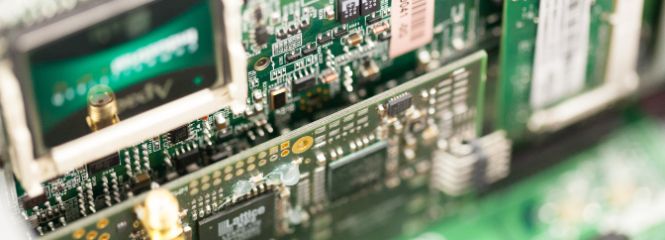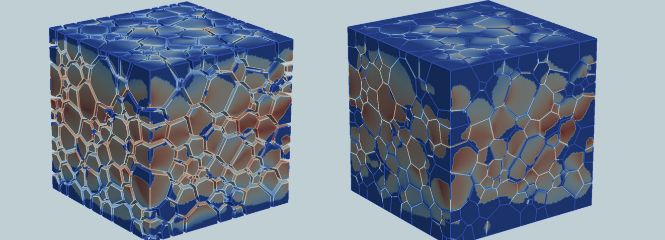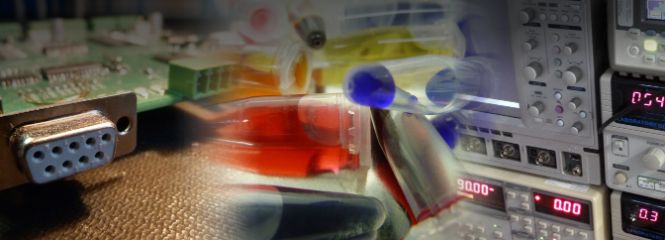Study & Research
- Studies Overview
- Studying parallel to employment
- Accessible studying
- Application & Admission
- Service Center for Students
- Research Highlights
- Research database
- Intellectual Capital Report
- Research Report
Quicklinks
University
Contact
Dr.-Karl-Dorrek-Straße 30
3500 Krems


